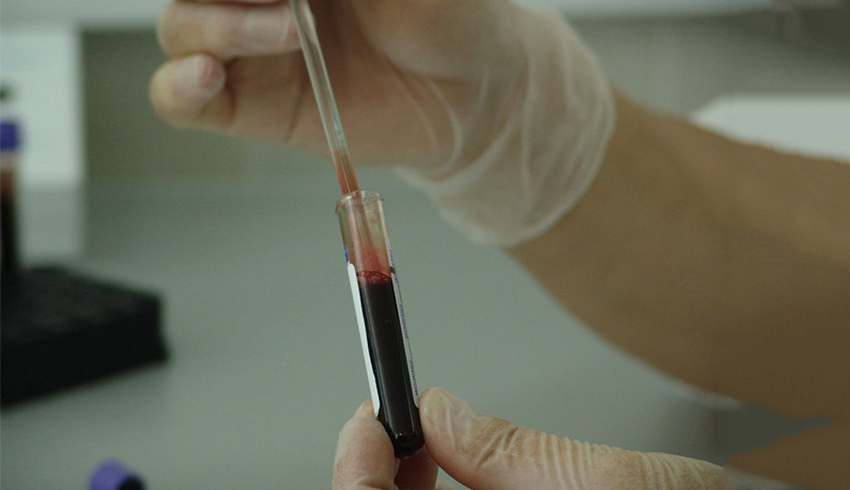Awareness
Why Prenatal Screening ?

More than 70 percent of pregnant women in the United States routinely screen their unborn children for things like Down syndrome, spinal cord defects or other genetic conditions. Not only is prenatal diagnosis important in determining the health of the fetus, but they can also help identify health concerns for the mother. America is a well-developed country and they are literally very forward in terms of advanced technologies and adopting a new culture. It is very obvious; we Indians are way backward in such things. It doesn’t mean India lacks advanced technologies or advanced medical Laboratory facilities. The real fact is we aren’t much concerned about these things. Majority of Indians still see Prenatal screening as a test to determine the sex of the baby which is illegal India. Most of us wouldn’t give a second to think why our Government has provided advanced diagnostic centers in most of the corners of every city. If you are one among them it is high time for you to think of it.
Genetics can influence the color of a baby’s eyes and hair, but it can also affect the development of certain birth defects or genetic disorders. That’s why women are routinely offered a variety of genetic screening tests in the first and second trimesters of pregnancy. Prenatal testing, screening, and diagnosis are important tools to help your doctor determine, before birth, whether your fetus has any genetic disorders or congenital anomalies. Tests can vary from a simple blood test, amniocentesis to chorionic villus sampling (CVS). Screening results along with other risk factors, such as a woman’s age and a couple’s ethnic background and family history of genetic disorders, are used to calculate the odds that the fetus might be born with certain genetic disorders. These tests are especially useful for children born to mothers over the age of 35 who are at an increased risk for genetic abnormalities. These tests are beneficial not only to the unborn child but also to the mother. I know, it’s a bit harder to believe. But what if the history has proven it. Prenatal diagnosis has also helped reduce the mother’s risk of haemorrhage or stroke during childbirth by detecting conditions like placenta previa and preeclampsia. So as far as we have come across, Prenatal screening is a simple test but has a lot of benefits to both the unborn child and the mother.
Prenatal blood tests are a sophisticated, highly sensitive and noninvasive method. First-trimester screening tests are usually done between the 10th and 13th weeks of pregnancy. The screening tests are not considered harmful to the mother or the fetus, but positive screening results cannot make a definitive diagnosis. If a woman receives a positive result on a screening test, she should discuss her options with her health care provider, including whether she may wish to undergo any diagnostic tests, which have greater accuracy and reliability than genetic screening alone. If a positive result is found, the genetic problem detected in the baby can’t be changed, fixed or treated. Knowing positive test results in advance can help expectant parents plan and prepare themselves as well as their home for a baby who may have special needs.
Every woman wants to believe that her pregnancy is normal and uncomplicated. If a pregnant woman chooses to have genetic screening, there is a possibility that the results could come back abnormal so it’s important to think about how this information might affect her. A common misconception among some pregnant women is that the only reason to do genetic screening and diagnostic testing is if they were going to have an abortion because of a positive result. Pregnant women should not make decisions about terminating a pregnancy based on a positive screening result alone without obtaining a diagnostic test to confirm or rule out a diagnosis. These are all odds and it totally depends upon your Diagnosis result. Even though you haven’t got a prescription from your Gynaecologist, it is your obligation to undergo these screening tests from a reliable medical laboratory or an advanced Diagnostics center. Also, there still exists some misconceptions regarding Prenatal screening test, which is a test to determine the sex of the fetus. It is totally wrong. Pre-conception or Pre-natal sex determination is illegal in India, not Prenatal screening. Prenatal screening is a must-do for every pregnant woman during the first trimester of pregnancy.










